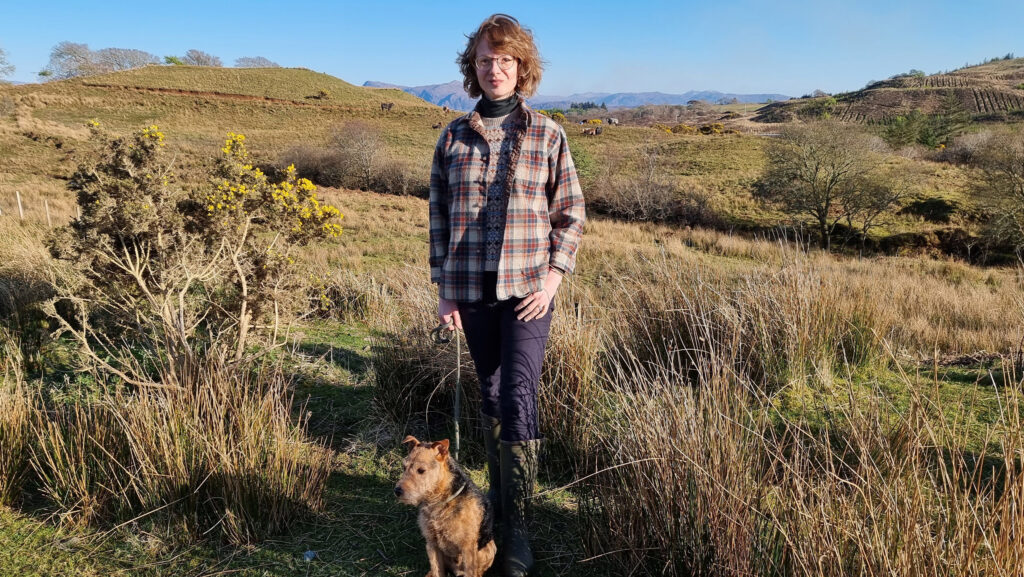Opinion: Crofters are better equipped to survive than bureaucrats
 Julia Stoddart © Julia Stoddart
Julia Stoddart © Julia Stoddart Autumn is normally my favourite time of year. Even though the nights are drawing in, and the hard Hebridean winter lurks on the horizon, autumn has an unrivalled richness here on Skye.
The township roads are jolly with bright rowan berries and rosehips, unkempt croft corners bristle with brambles, and the hills echo to the sound of the red deer rut.
It’s a hearty, wholesome season after a hectic summer.
See also: Opinion – you can’t love Skye without loving its crofters
But I feel a strong sense of foreboding, shared by friends and family throughout the land sector.
It’s not just that lamb weights are down and margins squeezed, nor that this year’s grass performance has been disappointing.
Even recent positive reports about timely payment of subsidies hasn’t managed to lift the mood.
There’s a general feeling of menace in the air that could be dismissed as irrational if it wasn’t validated by news stories.
The Economist thinks farming is irrelevant. The Sustainable Soils Alliance warns that nearly a quarter of UK farmland could be lost by 2050.
Labour refuses to back down on inheritance tax, clinging to its spiteful ideology, regardless of the facts of the matter.
And a Country Land and Business Association poll found that nearly 80% of farmers don’t think their business will survive another decade.
All this against a festering backdrop of civil unrest and social division, rooted in spectacular mismanagement of the nation by inept politicians and pernicious civil servants.
But still, the sense of unease remains even when the news is switched off, and the newspapers left unread. Clearly it isn’t just winter that lurks ahead.
Understandably, there are lots of angry people around. There’s a lot of madness about too, hiding amongst the very rational anger of ordinary British people.
The angry mad are determined to believe that their opinions are facts, despite all evidence to the contrary, and they detest people like us – farmers, crofters, estate workers.
They’re mostly found on social media, but increasingly in local politics and press. You can’t fail to have noticed them.
Being obsessed with grinding the axe of their imagined grievances, they don’t strive for the common good. In positions of influence, they cause derangement.
…those of us with rights to land are the fortunate ones.
This is where I’d usually suggest a positive action to address the problem.
But I don’t have one. Instead, as we motor towards the greatest national uncertainty since 1939 – except this time without great leaders like Churchill – what I’m thinking is that those of us with rights to land are the fortunate ones.
We have the means to feed ourselves, and in my part of the world we’re never far from clean water. We have space to breathe, peat and timber to burn.
Never is this so noticeable than in early autumn, time of harvest festival and preparations for winter as we look out to sea for weather systems, and up at the peaks for first snows.
For the first time in my life – and I graduated in the 2008 crash – I don’t know what’s going to happen to our world in the coming years, though I think it’s unlikely we’ll preserve comfort and prosperity.
But we will have our sheep, our cattle, our peaty soil and copious rainfall. We have our family-based communities.
So when winter does arrive, pity those bureaucrats and keyboard warriors who have no practical skills, and know nothing higher than themselves.

